Strengthening gender as a component of Research Quality (+)
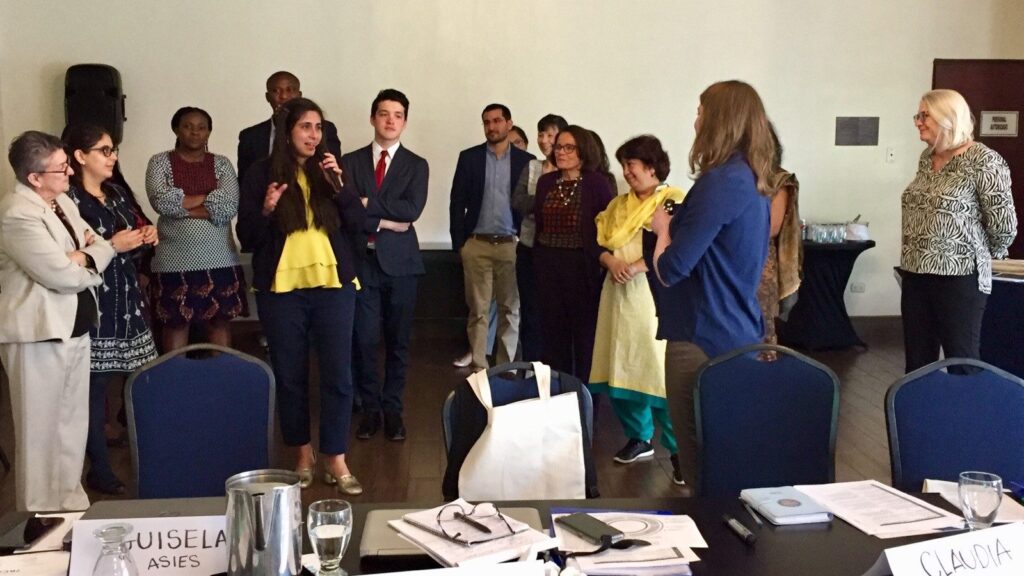
It was easy to feel inspired in the warmth of Guatemala City (while it was barely reaching above zero back home in Ottawa), surrounded by individuals hailing from five different think tanks from five different countries. Over the course of four days everyone shared honest reflections from their personal and professional experiences as part of the final workshop of the Gender Action Learning Project (GALP), supported through the Think Tank Initiative (TTI).
G@W-CREA Podcast Series, Episode 1: How are artists, women’s rights activists and movements on the margins responding to criminalization?
Various narratives, social norms and political agenda underlie the criminalisation of people based on their gender identities, sexual expression, reproductive choices or occupation (such as sex work). This podcast explores the impacts of this approach not only on these groups, but on societies as a whole, and the nature of resistance to criminalisation.
A workshop to remember
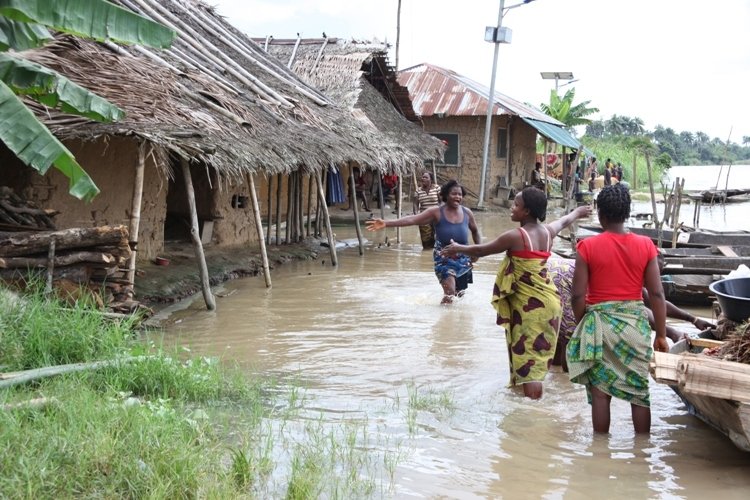
My journey with Centre for Population and Environmental Development (CPED) began on Monday December 9th, 2018. This was coincidentally the first day of a three-day capacity building workshop held at Precious Palm Royal Hotel, Benin City, Edo State, Nigeria. It was held to mark the inception of the project titled “Empowering women as key leaders in promoting community-based climate change adaptation and disaster risks initiatives in Niger Delta region” (learn more here). The workshop was organized by CPED in conjunction with the International Development Research Centre (IDRC) and the Intervention Council for Women Affair (ICWA).
Mainstreaming gender in a research institute
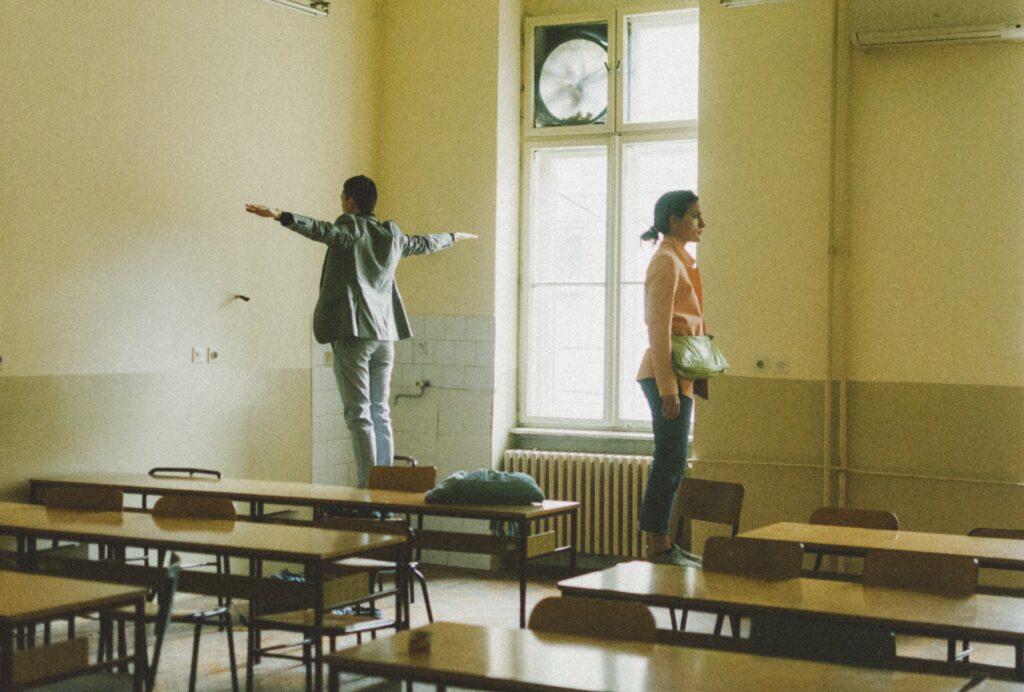
“We are strong on gender and research — we have a dedicated centre working on this”. This was how BRAC Institute for Governance and Development (BIGD), a research and policy institute in Bangladesh, proudly presented itself to the outside world of similar research institutes and government agencies. That ‘dedicated centre,’ established in 2012, was the Centre for Gender and Social Transformation, where I was a founding member. However I have had my doubts about whether having a specialised research centre is enough to ensure that the research and advocacy done by the Institute as a whole is gender transformative. Is the Institute contributing to challenging gender discrimination and bringing about greater gender equity? Or is it able to ensure gender responsive research through understanding that differences between women and men needs to be taken into account at all stages of research planning, design, implementation, analysis and writing, not just through the work of the dedicated Centre?
Crafting and sharing powerful narratives in Guatemala City
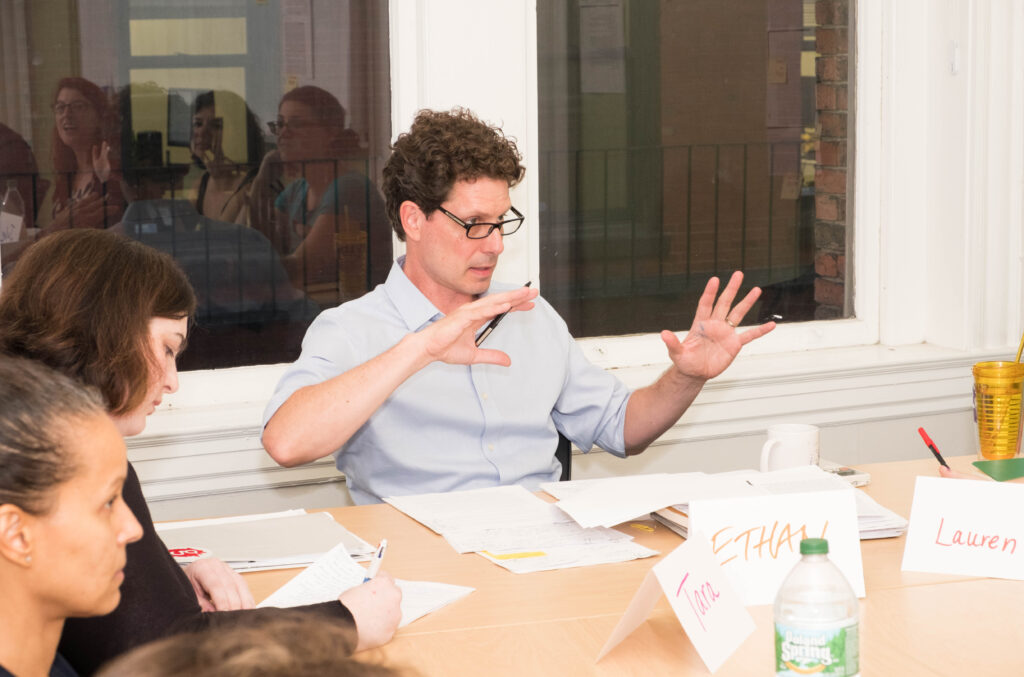
It was around my fourth cup of coffee on the second day when I finally thought, “OK, I think this is going to work.”
Researchers, academics, non-profit administrators and warriors on the front lines of gender equity work: perhaps they can write powerful personal and reflective narratives. Even without much previous training writing in this form.
But I wasn’t so sure at first.
I’m a creative writing teacher, a journalist and an author. I’m accustomed to teaching students who are interested in writing novels, memoirs, personal essays and topical opinion pieces. Those with aspirations to be writers with a capital “W.”
My experience with gender sensitive research
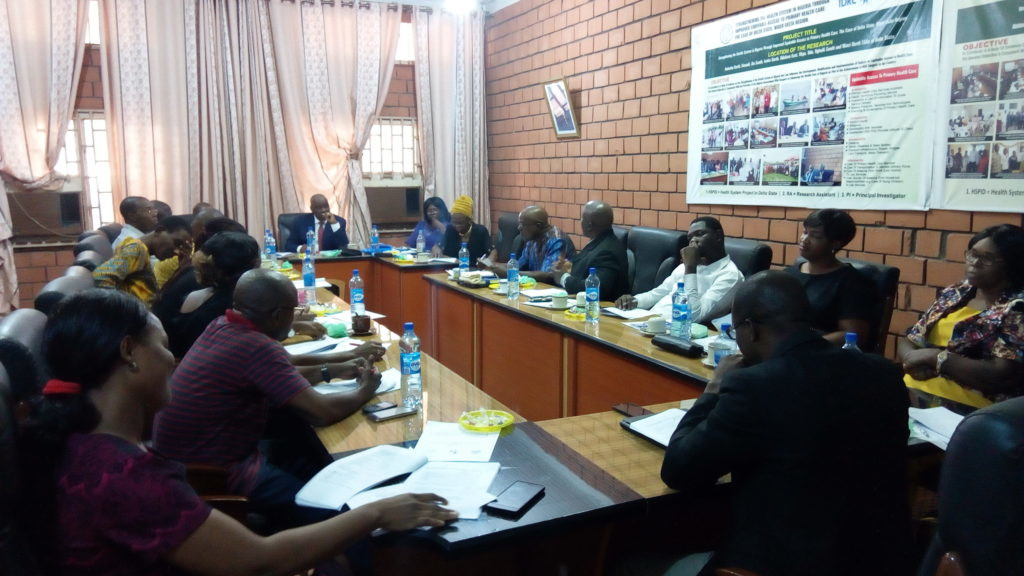
It all started when I was nominated to join a project research team to enhance the capacity of women in the Niger Delta region of Nigeria.
‘A man marries his housekeeper and that country’s GDP falls’: On becoming a feminist
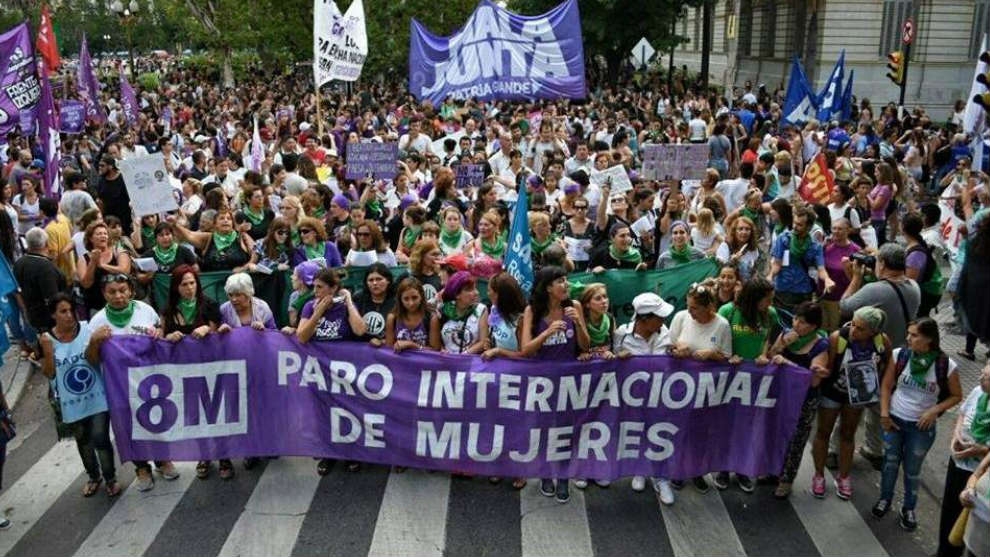
It was 1995. I had just started working in the United Nations system, as a junior professional officer in the Havana office of the United Nations Development Programme (UNDP). One evening I was reading the latest UNDP Human Development Report (HDR), whose special topic that year was gender. The report painted a bleak picture of gender inequality around the world, and it provided plenty of evidence. The problem happened in every country, with more extreme differences in some countries than in others.
My Journey Through Gender Analysis
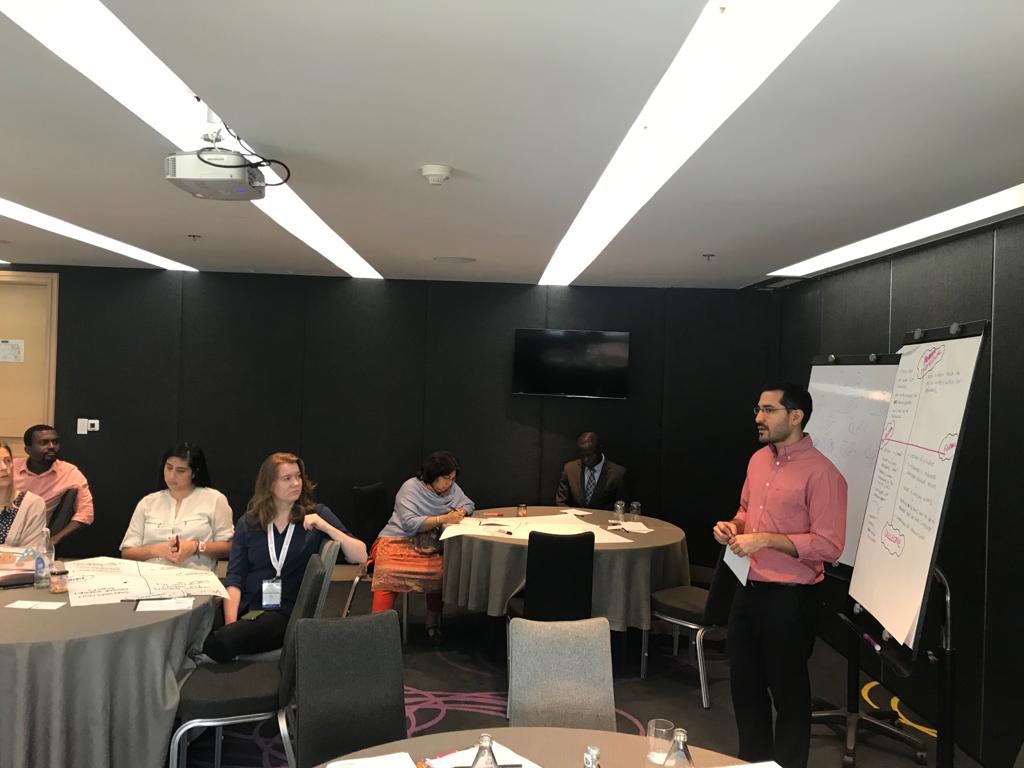
Six years ago, when I was 25 years old, I had the chance to start working as a researcher at the center for research and statistics in the Salvadoran Foundation for Economic and Social Development (FUSADES).
The Woman Who Was Born Again
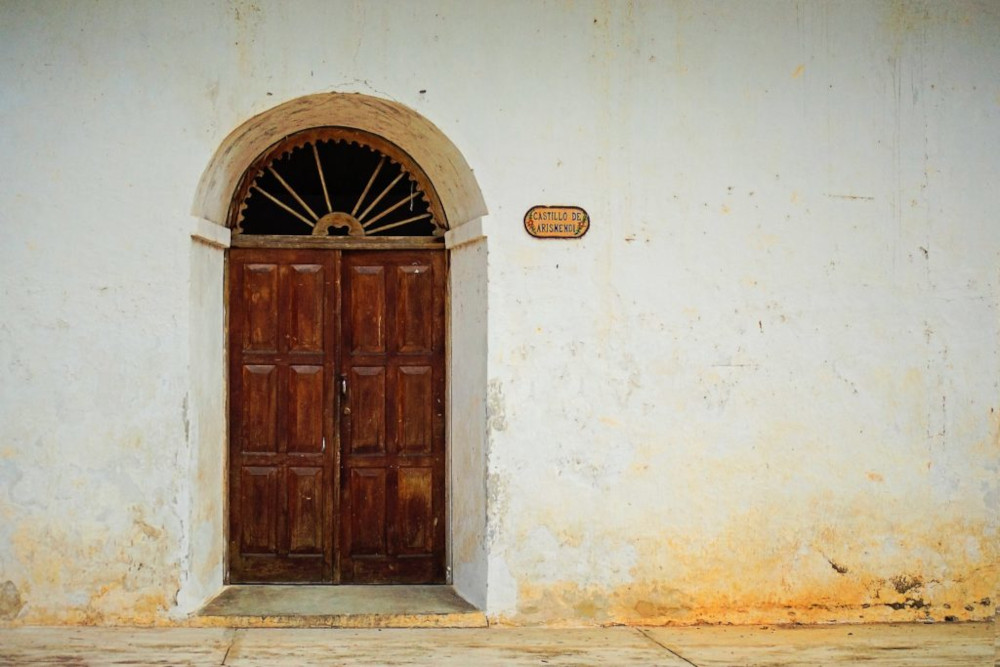
It’s been almost eight years now.
The memory is still fresh in my mind. It was a rainy night of July 6, 2011, and my baby boy was only 5 months old. I was in the dining room of my parents’ house, watching the TV news about the disappearance of Cristina Siekavizza.
The lost voices in the forest – The case of poor indigenous women in Guatemala
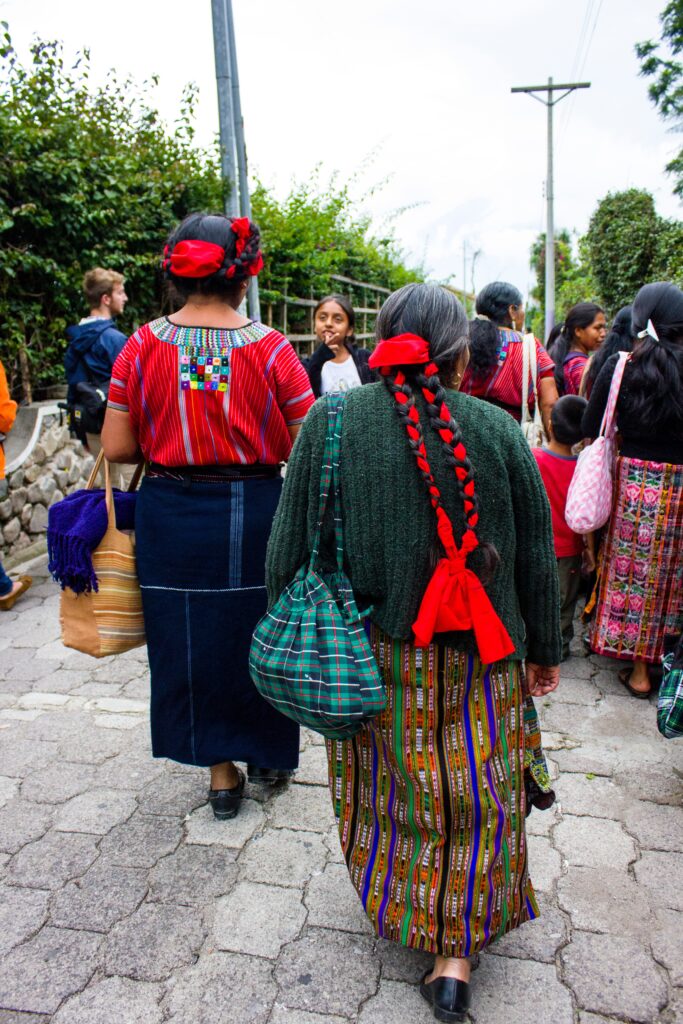
Sometimes, in the deep wild forests of Guatemala, weird inaudible noises appear. Noises that can’t be identified as wild birds or falling trees. These recurrent noises are different, they are not natural. Someone could say they resemble voices, but have become so normalized, that people don’t pay attention to them anymore
